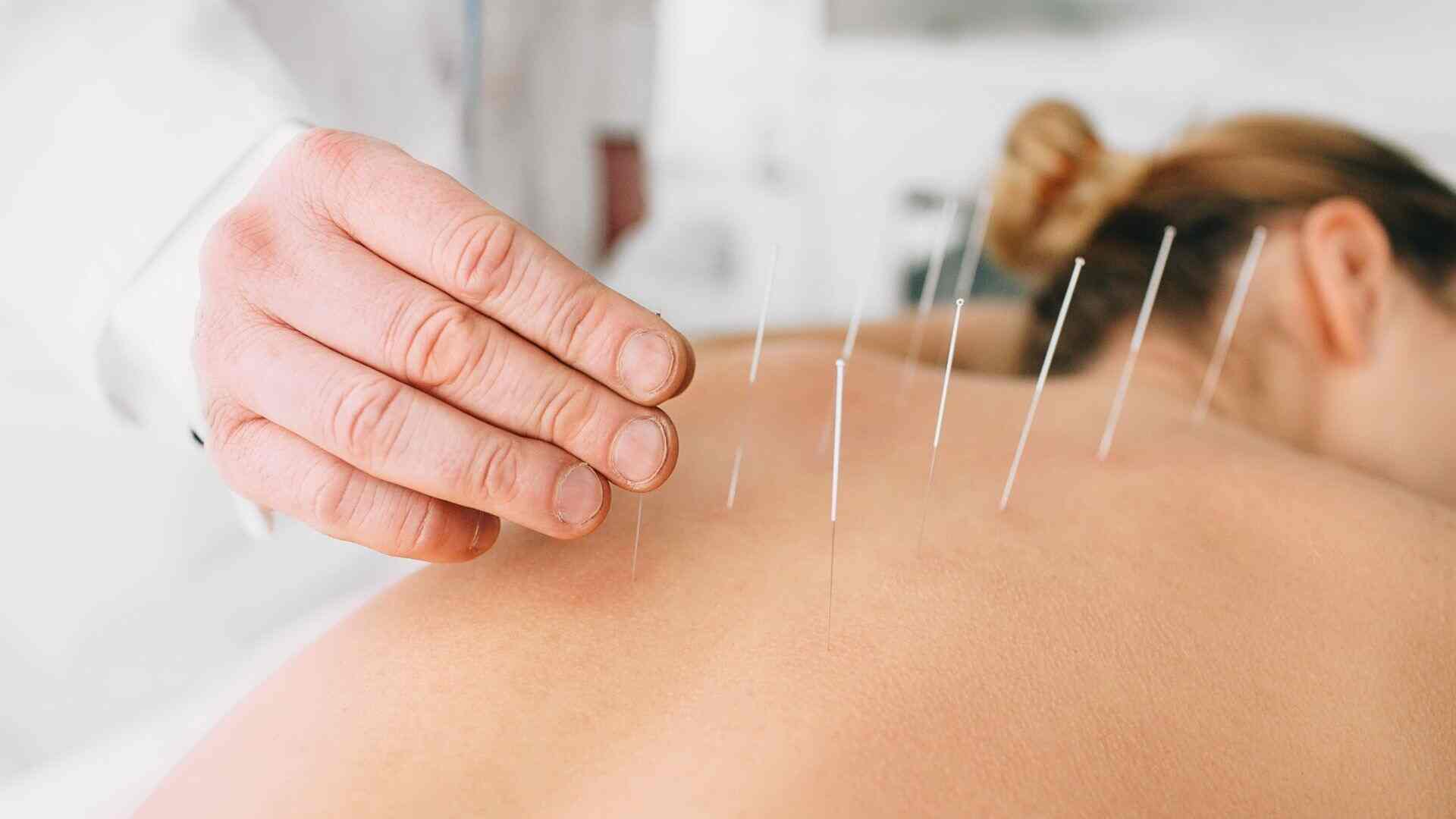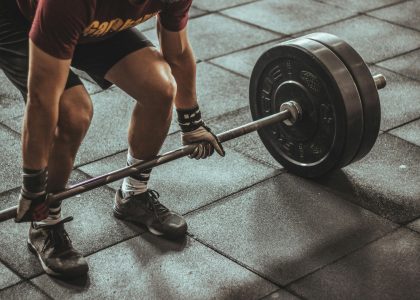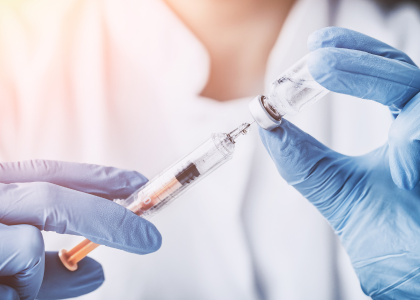Acupuncture For Fertility
Acupuncture is a complementary and alternative medicine treatment that involves inserting thin, sterile acupuncture needles into particular acupuncture sites to cure or alleviate the severity of a variety of health issues or to improve general well-being.
Acupuncture for fertility has been used as a fertility treatment for thousands of years in China. It suppresses the male and female reproductive hormones, thus hindering any efforts at conception. Fertility acupuncture methods are well known to be used by couples in the process of IVF treatments, but City Acupuncture can help those who have been trying unsuccessfully to conceive for several months or years.
What is the process of acupuncture?
Around 4000 BC, acupuncturists in China practiced Traditional Chinese Medicine and held the view that the treatment’s mechanism of action involved controlling the flow of “Qi,” which is frequently translated as “life force” or “energy.”
But it wasn’t until lately, with to scientific developments, that we began to comprehend how this age-old therapeutic practice functions from a scientific standpoint.
Neurotransmitters are released when certain acupuncture points are stimulated by acupuncture needles. Then, after passing through the central nervous system, these neurotransmitters make their way to the brain, where they either activate or inhibit other nerve signals. These neurotransmitters govern hormone release and exert control over various areas of health.
Acupuncture regulates female reproductive hormones
For optimum fertility, female reproductive hormones must be carefully controlled. Follicle Stimulating Hormone is one such hormone (FSH). FSH is essential for the development and maturation of ovarian follicles, as its name implies.
The brain works harder to produce ovarian follicles and eggs when FSH is high. High FSH levels during natural ovulation cycles may indicate that a woman is entering the perimenopausal stage. A very high FSH level may indicate that the ovaries are no longer producing eggs. Women with elevated FSH levels respond poorly to ovarian stimulation drugs and generate fewer eggs during assisted reproductive procedures. In extreme circumstances, they might not lay any eggs. A recent comprehensive evaluation of the literature found that acupuncture is beneficial.
Acupuncture improves blood flow and egg quality
Ovarian blood supply-delivered hormones and nutrients cause ovarian follicles and their eggs to develop. Higher quality eggs are correlated with efficient blood flow. The follicles and the eggs they contain will be starved of nutrition and oxygen if blood flow is impaired, which may result in fewer eggs of high quality during assisted reproductive techniques.
According to several studies, one advantage of acupuncture is that it enhances blood flow to the uterus and ovaries by easing blood vessel walls.
Acupuncture improves sperm quality and quantity
Poor male fertility accounts for up to 40% of cases of infertility. Some specialists in fertility medicine think that IVF can treat male factor infertility as long as men have some sperm, especially if the intracytoplasmic sperm injection (ICSI) procedure is applied. One sperm is put into an egg during the ICSI procedure. However, the pregnancy rates with ICSI are almost identical to those with traditional IVF (33 vs. 32.4%).
One of the reasons why IVF/ICSI cannot change the quality of sperm; it can only seek to choose the sperm that has the “best looking,” and then inject it into the egg, is that this is one reason why it cannot resolve all male reproductive concerns.
Given that the embryo has 50% of the DNA from the mother and 50% from the father, poor sperm quality increases the likelihood that the embryo will be of poor quality and will not implant.
According to preliminary study on acupuncture’s effects on male fertility, acupuncture can have a positive impact on sperm parameters such concentration, motility, vitality, and count. Additionally, there is some indication that treating male partners with acupuncture improves the success rates of IVF, potentially giving couples access to more embryos.
According to some research, acupuncture may also be able to control testosterone levels. In order to have appropriate sperm production, a male partner must have the right amount of testosterone in their body.
Acupuncture helps with embryo implantation
A increasing amount of research indicates that acupuncture boosts the rate of embryo implantation. For instance, acupuncture was found to dramatically increase clinical pregnancy rates in a recent trial of patients who had a history of two or more unsuccessful IVF cycles.
A healthy blood supply to the uterus is one of the numerous conditions necessary for successful embryo implantation. Research demonstrates that higher IVF conception rates are connected with better blood flow to the uterus shortly prior to egg extraction. Acupuncture can successfully improve blood flow to the reproductive organs, as was already indicated.
Timing of fertility treatments with acupuncture
A safe and effective non-pharmacological method to increase fertility and IVF success rates is acupuncture. But it won’t work as a quick remedy.
According to research, acupuncture is more effective at increasing the success rate of IVF conception if it is used throughout the entire IVF cycle rather than just during the embryo transfer (Qian et al., 2017). Acupuncture treatment must frequently begin at least two to three months before the start of medical infertility treatment, and in some complex situations, even sooner.
This is due to the fact that ovarian follicles and the eggs contained therein take over a year to develop, whereas sperm is created in just under three months.






